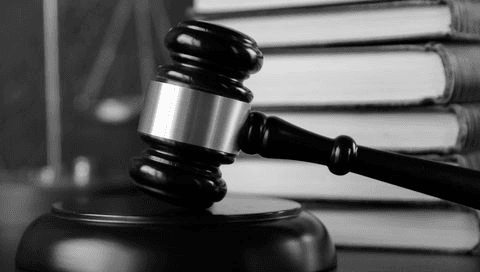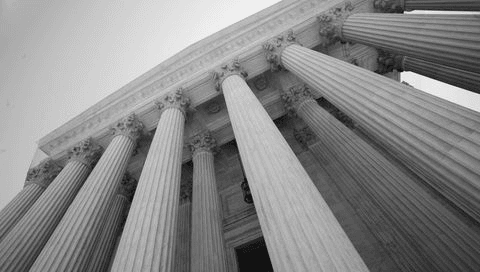In a recent order addressing four IPR proceedings, the PTAB exercised its inherent authority under 37 C.F.R. § 42.5(a) to sua sponte authorize post-hearing discovery on a potentially dispositive privity issue. The order followed a Director review decision that vacated and remanded earlier IPRs involving the same parties, patent family, and privity issue.
The privity dispute centered on whether the petitioner was in privity with a non-party that had been served with a district court complaint more than one year before the first-wave IPR petitions were filed. In the first-wave proceedings, the patent owner argued pre-institution that the petitions were time-barred under 35 U.S.C. § 315(b) due to the earlier litigation. The board denied the patent owner’s request for discovery on that issue.
On Director review of the first-wave decisions, however, the USPTO Director found that the board had abused its discretion in denying discovery, observing that the board either should have allowed narrower discovery on the issue or made it clear that the patent owner could amend or resubmit its overbroad discovery motions. The Director vacated those final written decisions and remanded with explicit instructions to allow discovery on the privity issue.
In the instant IPR proceedings, involving the same parties and other patents in the same priority chain, the patent owner had also sought discovery on the same privity issue during the pre-institution phase. The board at that time denied that request without prejudice. Following the Director review in the first-wave cases, the board held a teleconference with the parties to discuss the implications of the first-wave cases on the instant cases. During that call and at the consolidated final hearing, the patent owner stated that it did not wish to pursue additional discovery in the instant cases and instead argued that judgment should be entered in its favor based on the existing record.
Despite the patent owner’s position, the board invoked its authority to sua sponte order additional discovery. The board reasoned that doing so would promote fairness and efficiency, align with the Director’s guidance in the first-wave cases, and ensure a full record on the privity issue. The board emphasized that resolving the privity dispute on an incomplete record could lead to error or delay of final resolution of the proceedings.
Accordingly, the board ordered post-hearing discovery on the alleged privity relationship between the petitioner and the time-barred non-party. The board also ordered post-hearing briefing on privity and an optional hearing to assist the panel in resolving the issue.
Practice Tip:
The board can use its inherent power to order discovery on critical threshold issues—such as time-bar challenges based on privity—to ensure that the case is resolved on a complete and fair record. In the context of case-dispositive issues, a party in the position to seek discovery into such issues should consider the likelihood of the board ordering discovery sua sponte and the potential implications related to the scope of such discovery.
Semiconductor Components Industries, LLC v. Greenthread, LLC, No. IPR2024-00263, Paper 61 (P.T.A.B. June 27, 2025)




